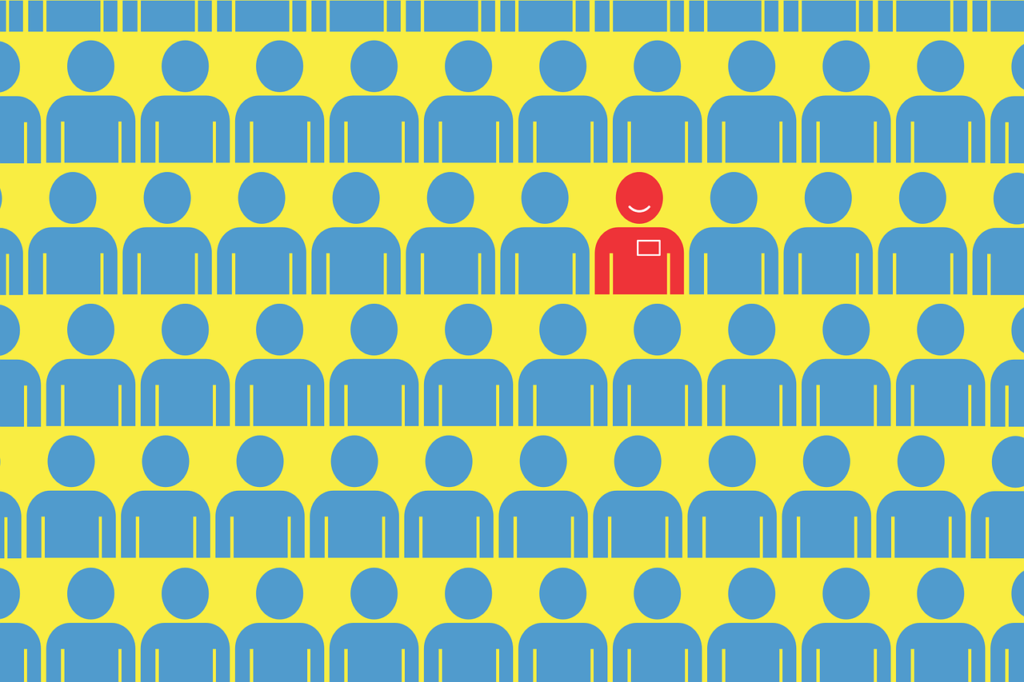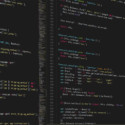A great deal of fear and distrust surrounds automation—some people believe they could one day be replaced at their job by artificial intelligence (AI).
We do know that AI technology is changing working practices all over the world, in every sector. From legal discovery and data entry to driving and even bricklaying, developers are producing AI solutions. The fear is that AI may one day take over.
But the way people work has always evolved. Leech collectors, clock winders, rat catchers, and even milkmen seem to have all but disappeared in the modern world. As technology changes, so does the way we live our lives, creating and eliminating the demand for certain jobs.
A recent report published by McKinsey & Company suggests that 800 million people worldwide will lose their jobs to AI by 2030. Similarly, the Economist predicts that by 2034, 47 percent of jobs will be automated.
That sounds rather daunting, but where one door closes, another opens. Some jobs are dirty, dangerous, and downright unpleasant. By automating processes, we free people up for other roles. But can a computer really choose the right person for the job?
Companies are increasingly implementing AI systems within their operations, reducing the need for employees to carry out day-to-day administrative tasks. But how effective are AI systems at decision-making processes? Can AI help you recruit the right staff?

Unconscious bias is a huge barrier to achieving workplace diversity.
Few people would like to admit they have prejudices, but from the moment we are born, we are shaped by everything and everyone around us, picking up subtle nuances right from early childhood. From the toys we play with, to our education, to what we watch on TV, all of our activities and experiences impart unconscious bias.
In 1998 a team of social psychologists from the University of Washington and Yale published a landmark paper revealing their findings on unconscious prejudice. After developing and implementing the “Implicit Association Test,” the team maintained that 90 percent to 95 percent of people have unconscious or implicit bias.
Building on the test, devised by professors Anthony Greenwald and Maharazin Banaji, both universities formulated a series of online tests. One, measuring automatic racial preferences, showed that of the 10,000 people who completed the test, 80 percent showed an automatic preference for white over black, with 50 percent exhibiting a strong level of preference.
In age preference tests, the results were stark. More than 90 percent of the 4,000 participants showed an automatic preference for young over old, while 75 percent displayed a strong level of preference.
As Professor Greenwald points out, a large proportion of participants did not consider themselves prejudiced. Taking the tests helped them to see how ordinary hidden associations could produce unintended discriminatory behavior.
Companies are using AI’s objectivity to fill roles.
One company, Censia, designed its Talent Intelligence Platform to eradicate human bias.
Businesses can leverage the platform to model their existing top-performing staff, helping them to acquire new talent with those same key skills. Candidates are ranked according to how closely they align with these models, irrespective of skin color, gender, ethnicity, sexual orientation, or socioeconomic background.
Seventy-three percent of companies note that they cannot find qualified workers to fill key roles, and recruiters can take up to 33 hours to source appropriate candidates. Censia improves on this process by using intuitive AI algorithms to find the best person for the job.
Censia’s Talent Intelligence Platform is a powerful tool that allows recruiters to identify and engage with top talent. Utilizing scientific and predictive capabilities, Censia can help even seasoned recruiters become more efficient, as well as boost the capabilities of junior staff, eliminating the need for manual input and assessment.
By implementing intelligent modeling, recruiters can look at top-performing employees within an organization, basing models on individuals with a proven track history. AI candidate models assess up to 140 different talent attributes, creating a comprehensive, searchable profile. Censia’s Talent Intelligence Platform contains 500 million professional profiles, updated and verified in real-time.

Inclusivity is good for business.
In a recent Salesforce Research poll of 1,500 business professionals, 80 percent said that employers have a responsibility to look beyond profit margins and make a tangible impact on society.
Not only is diversity good for internal morale, but it also helps to expand potential reach, ultimately making companies more profitable. A recent study revealed that gender-diverse companies are, on average, 21 percent more successful than others, while companies that show increased ethnic diversity are 33 percent more likely to outperform competitors in their industry.
Overall, what we know about diversity in the workplace is that it is a key facet of entrepreneurialism, it enables companies to broaden their share of the consumer market, and it helps to reduce employee turnover. Not only does diversity promote creativity and innovation within the workforce, but it drives economic growth as well.
By implementing AI in the recruitment process, we negate the risk of unconscious bias. Automated platforms take the guesswork out of recruitment, using powerful, intuitive algorithms to identify and engage top talent as quickly as possible.

 Joanna (Jo) Riley is an entrepreneur, investor, and advocate in technology, and is currently the CEO and Co-Founder of Censia. Jo has a highly experienced background in building and scaling companies, which she attributes to her deep passion for people and building technologies that allow people to be their best selves. She brings her wide knowledge of the industry to better transform the way enterprise companies hire talent. You can connect with Joanna Riley at @joannakiddriley on
Joanna (Jo) Riley is an entrepreneur, investor, and advocate in technology, and is currently the CEO and Co-Founder of Censia. Jo has a highly experienced background in building and scaling companies, which she attributes to her deep passion for people and building technologies that allow people to be their best selves. She brings her wide knowledge of the industry to better transform the way enterprise companies hire talent. You can connect with Joanna Riley at @joannakiddriley on